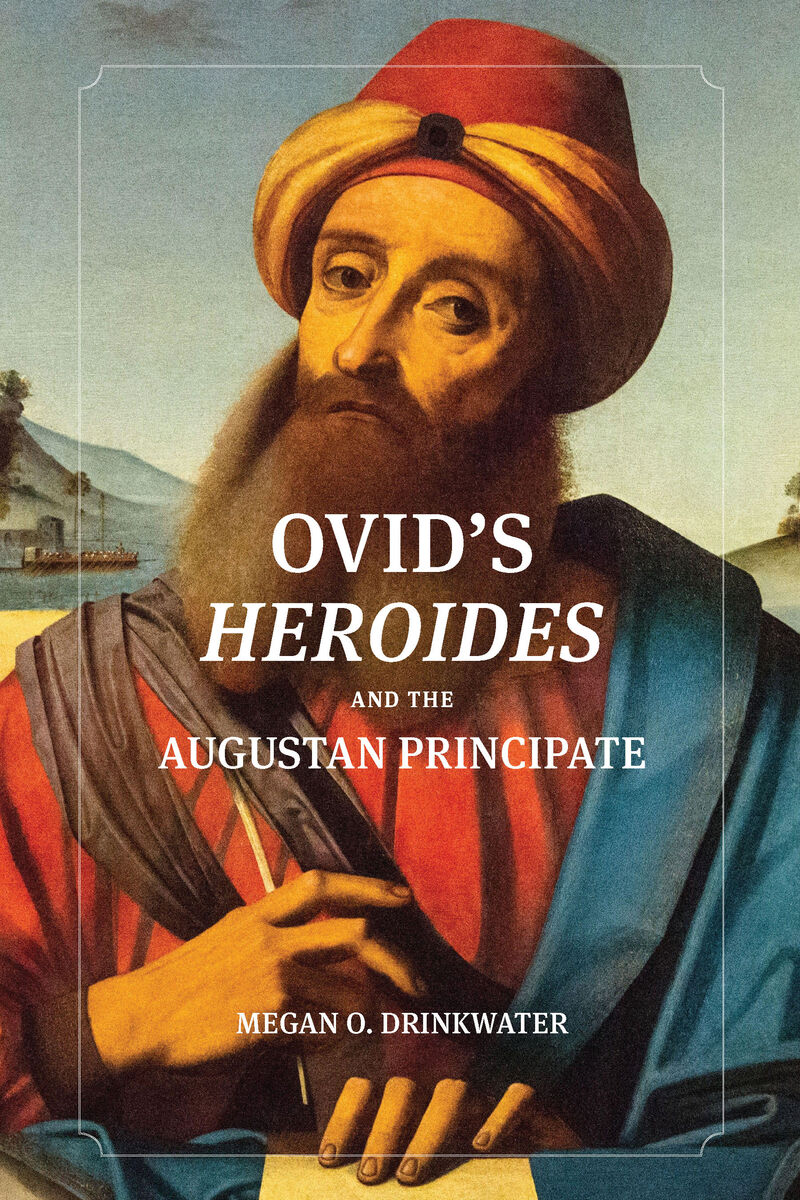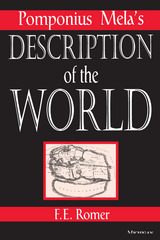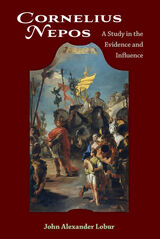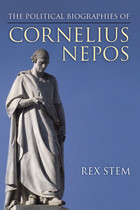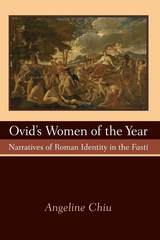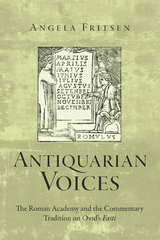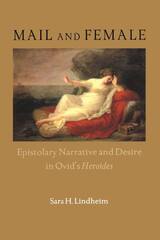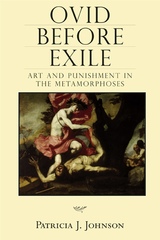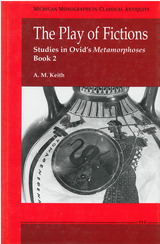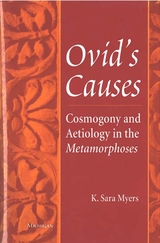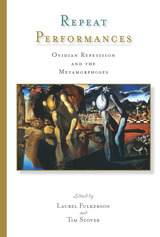Ovid's "Heroides" and the Augustan Principate
University of Wisconsin Press, 2023
Cloth: 978-0-299-33780-3 | Paper: 978-0-299-33784-1 | eISBN: 978-0-299-33783-4 (PDF)
Library of Congress Classification PA6519.H7O88 2022
Dewey Decimal Classification 871.01
Cloth: 978-0-299-33780-3 | Paper: 978-0-299-33784-1 | eISBN: 978-0-299-33783-4 (PDF)
Library of Congress Classification PA6519.H7O88 2022
Dewey Decimal Classification 871.01
ABOUT THIS BOOK | AUTHOR BIOGRAPHY | REVIEWS | TOC | REQUEST ACCESSIBLE FILE
ABOUT THIS BOOK
43 BCE, the year after the assassination of Julius Caesar. While the Roman republic had seen many conflicts, it was this civil war, headed by the vengeful triumvirate of Mark Anthony, Marcus Lepidus, and Octavian, that irrevocably transformed Rome with its upheaval. What followed was years of fighting and the eventual ascendancy of Octavian, who from 27 BCE onwards would be best known as Caesar Augustus, founder of the Roman Principate.
It was in this era of turmoil and transformation that Ovid, the Roman poet best known for Metamorphoses, was born. The Heroides, one of his earliest and most elusive works, is not written from the first-person perspective that so often characterizes the elegiac poetry of that time but from the personae of tragic heroines of classical mythology.
Megan O. Drinkwater illustrates how Ovid used innovations of literary form to articulate an expression of the crisis of civic identity in Rome at a time of extreme and permanent political change. The letters are not divorced from the context of their composition but instead elucidate that context for their readers and expose how Ovid engaged in politics throughout his entire career. Their importance is as much historical as literary. Drinkwater makes a compelling case for understanding the Heroides as a testament from one of Rome’s most eloquent writers to the impact that the dramatic shift from republic to empire had on its intellectual elites.
It was in this era of turmoil and transformation that Ovid, the Roman poet best known for Metamorphoses, was born. The Heroides, one of his earliest and most elusive works, is not written from the first-person perspective that so often characterizes the elegiac poetry of that time but from the personae of tragic heroines of classical mythology.
Megan O. Drinkwater illustrates how Ovid used innovations of literary form to articulate an expression of the crisis of civic identity in Rome at a time of extreme and permanent political change. The letters are not divorced from the context of their composition but instead elucidate that context for their readers and expose how Ovid engaged in politics throughout his entire career. Their importance is as much historical as literary. Drinkwater makes a compelling case for understanding the Heroides as a testament from one of Rome’s most eloquent writers to the impact that the dramatic shift from republic to empire had on its intellectual elites.
See other books on: 43 B.C.-17 A.D. or 18 A.D | Epistolary poetry, Latin | Heroides | Ovid | Ovid's Heroides
See other titles from University of Wisconsin Press
